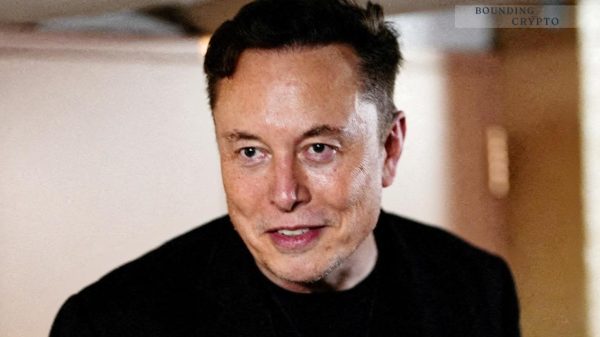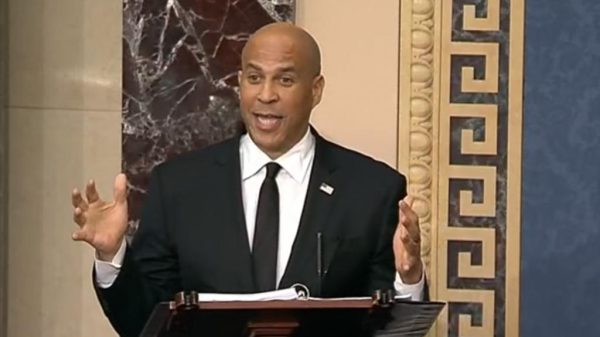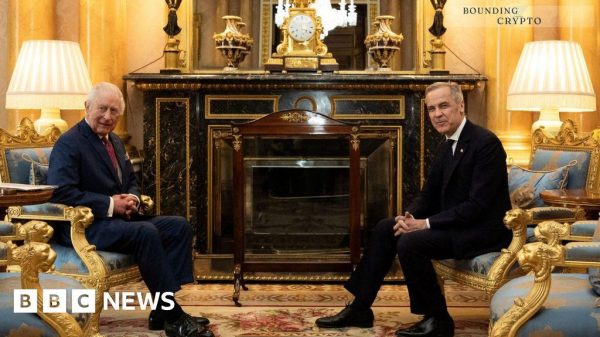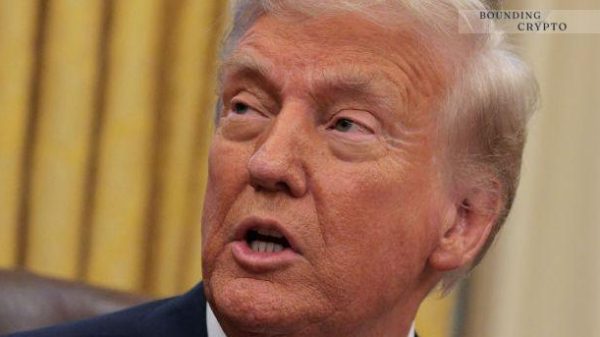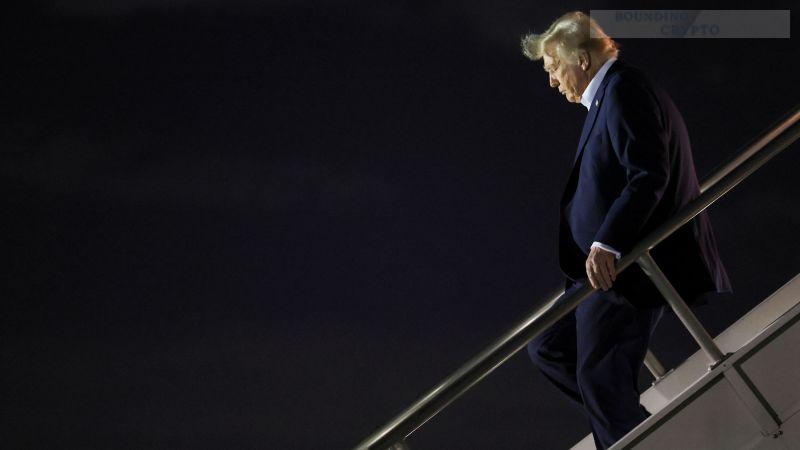In a surprising turn of events, President Donald Trump has announced new tariffs against Colombia, escalating tensions between the two nations. This move comes after Colombian President Gustavo Petro refused to accept U.S. military flights that were meant to deport migrants. The situation has created a very heated situation concerning immigration policies, trade, and international relations.
What Led to the Tariffs?
On Sunday, Trump revealed he would impose a hefty 25% tariff on all imports from Colombia, which is set to double to 50% within a week. This decision follows President Petro’s refusal to allow two U.S. military flights to land in his country for deportation of Colombian nationals who had been living in the U.S. illegally. The tensions reflect broader disagreements over immigration strategies and how best to handle migrants returning to their home countries.
Colombia Responds Strongly
In retaliation, Petro has announced a 25% tariff increase on all U.S. goods coming into Colombia. He didn’t stop there; he also criticized Trump’s policies publicly. The Colombian president stated that deporting citizens should be done with dignity, showing his concern for the well-being of the migrants. This back-and-forth has intensified the diplomatic spat between the two leaders, illustrating how modern politics can quickly escalate.
Further Actions by Trump
But wait, there’s more! Alongside the tariffs, Trump has enacted a travel ban on Colombian citizens and has also revoked visas for specific Colombian officials. To add to the mix, stricter inspections of cargo and banking sanctions are also on the table. These measures are part of Trump’s broader approach to curb immigration and enforce consequences for countries that don’t comply with U.S. deportation policies.
Debate over Tariffs
The economic implications of such tariffs are already a topic of debate among economists. Many experts argue that tariffs can lead to higher prices for consumers, as costs often get passed down to buyers. Furthermore, trade wars typically slow down economic growth and can hurt both countries involved. For Colombia, which exported approximately $14 billion in goods to the U.S. last year, losing this trade could have severe consequences for its economy.
Petro’s Offer as a Solution
In a surprising move, President Petro later offered his presidential plane to assist with deportations, trying to ease the rising tensions. He called for a more humane approach to the situation and reinforced his commitment to handle the issue with respect for human dignity, a point he has emphasized from the start of this dispute. This offer illustrates his attempt to mediate the situation, despite the strong reactions from Trump.
What’s Next?
The back-and-forth continues as these two leaders navigate their countries’ complex relationship. With both sides standing firm, it remains to be seen whether diplomatic channels can be established to reduce tension. The U.S. began using military aircraft to deport migrants recently, and Petro’s resistance to this approach signifies a broader disagreement on how immigration should be handled.
Public Reaction and Future Impact
As these events unfold, public opinion on both Trump and Petro may begin to shift. American citizens who are invested in immigration policies will be watching closely to see how these tariffs impact everyday products and trade relations. On the other hand, Colombian citizens will also scrutinize how these tariffs affect their economy and the well-being of their families. This is a developing story that showcases how immigration and trade policies can intertwine, affecting citizens and governments alike.



